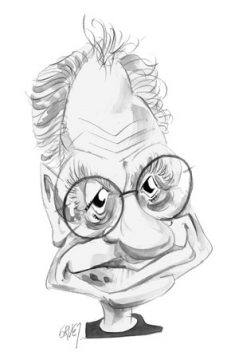 George Scialabba reviews Martha Nussbaum’s The Cosmopolitan Tradition: A Noble but Flawed Ideal in Inference:
George Scialabba reviews Martha Nussbaum’s The Cosmopolitan Tradition: A Noble but Flawed Ideal in Inference:
MARTHA NUSSBAUM, an accomplished classicist and prolific philosopher, begins The Cosmopolitan Tradition with a well-known anecdote about Diogenes the Cynic (taken, like most details about his life, from Diogenes Laertius’s Lives of the Eminent Philosophers). Scorning convention, Diogenes slept in a tub, wore rags, ate scraps, copulated and masturbated in public, and spoke his mind pungently and uninhibitedly. This behavior did not lack for admirers, even in high places. One day as he lounged in his tub, sunning himself, he was visited by Alexander of Macedon, then in the process of conquering the world. Looming over the philosopher, he said, “I am the great Alexander. Ask anything of me.” Without looking up, Diogenes replied, “Would you please get out of the light?”
Alexander was reportedly amused, and many subsequent generations have been mightily impressed. But it was not merely a clever retort. There was, Nussbaum contends, a core of principle to Diogenes’s answer. He thought (that is, Nussbaum thinks he thought: like Jesus and Buddha, Diogenes left no writings; all we know of his opinions comes from the writings of his Cynic and Stoic successors, Zeno, Chrysippus, and others) all that mattered, or should matter, to human beings are our most important capacities: moral reasoning and free choice. These are what make us human, what confer on us that inner dignity that is the human essence.
More here.
